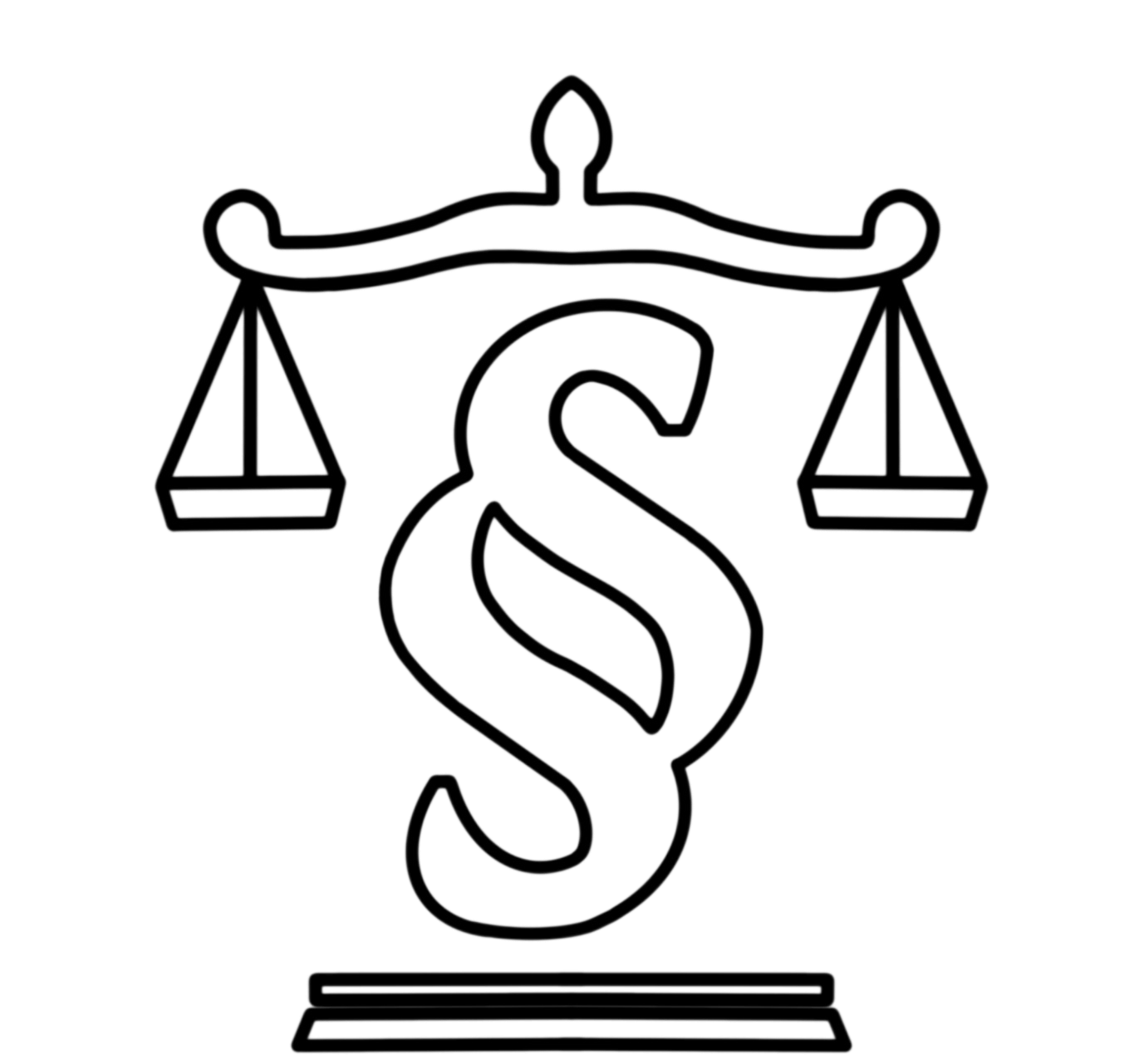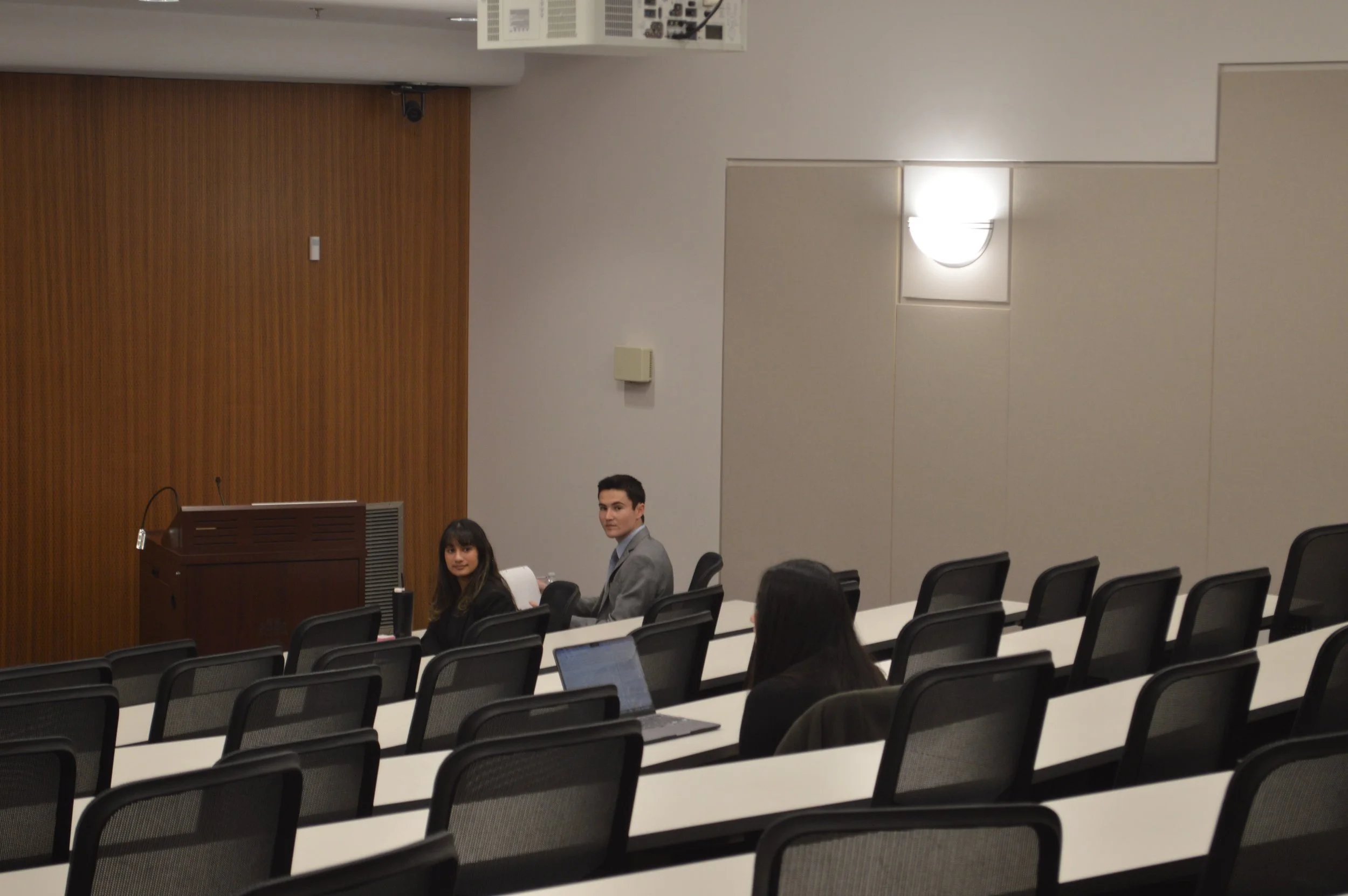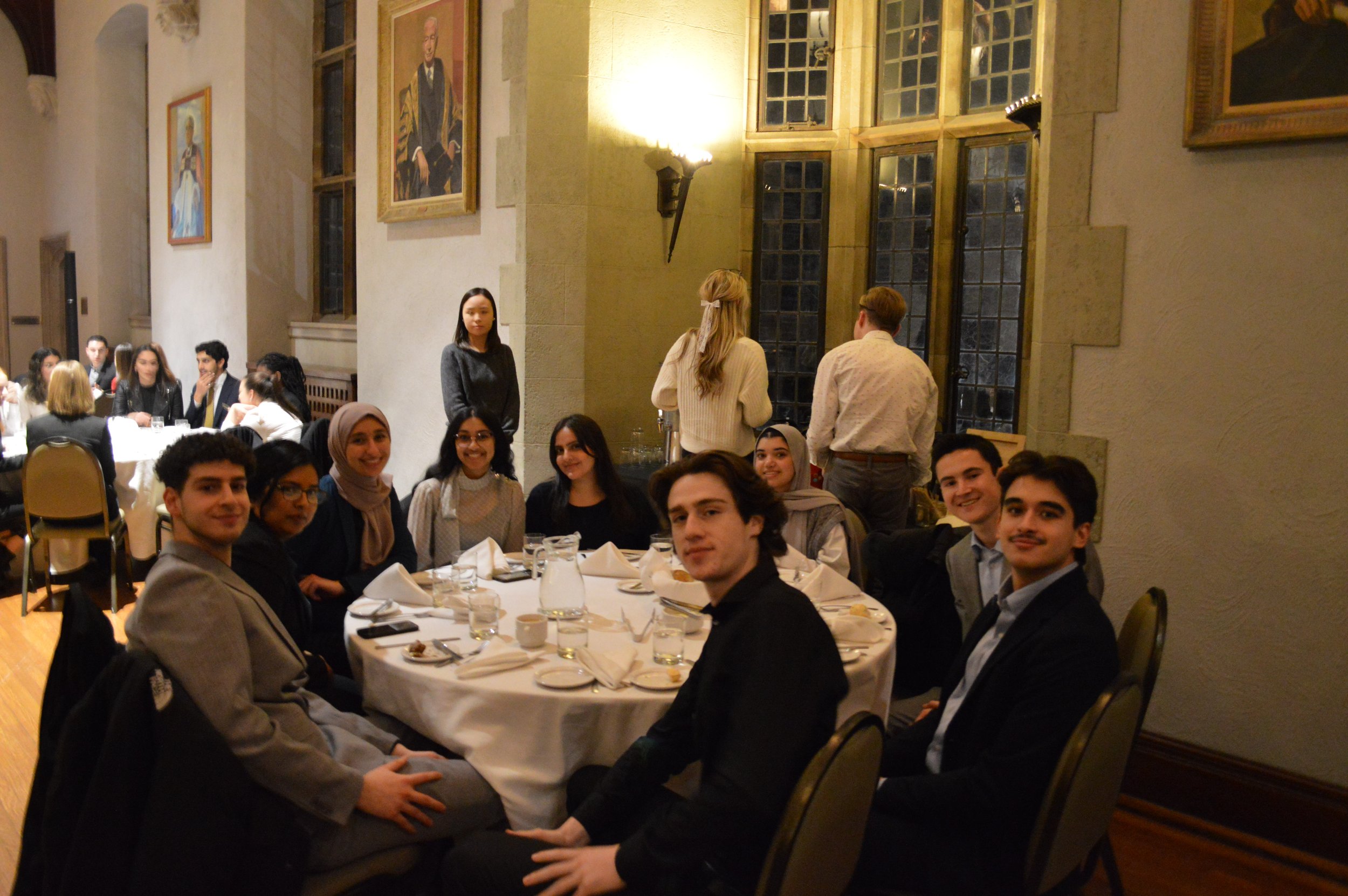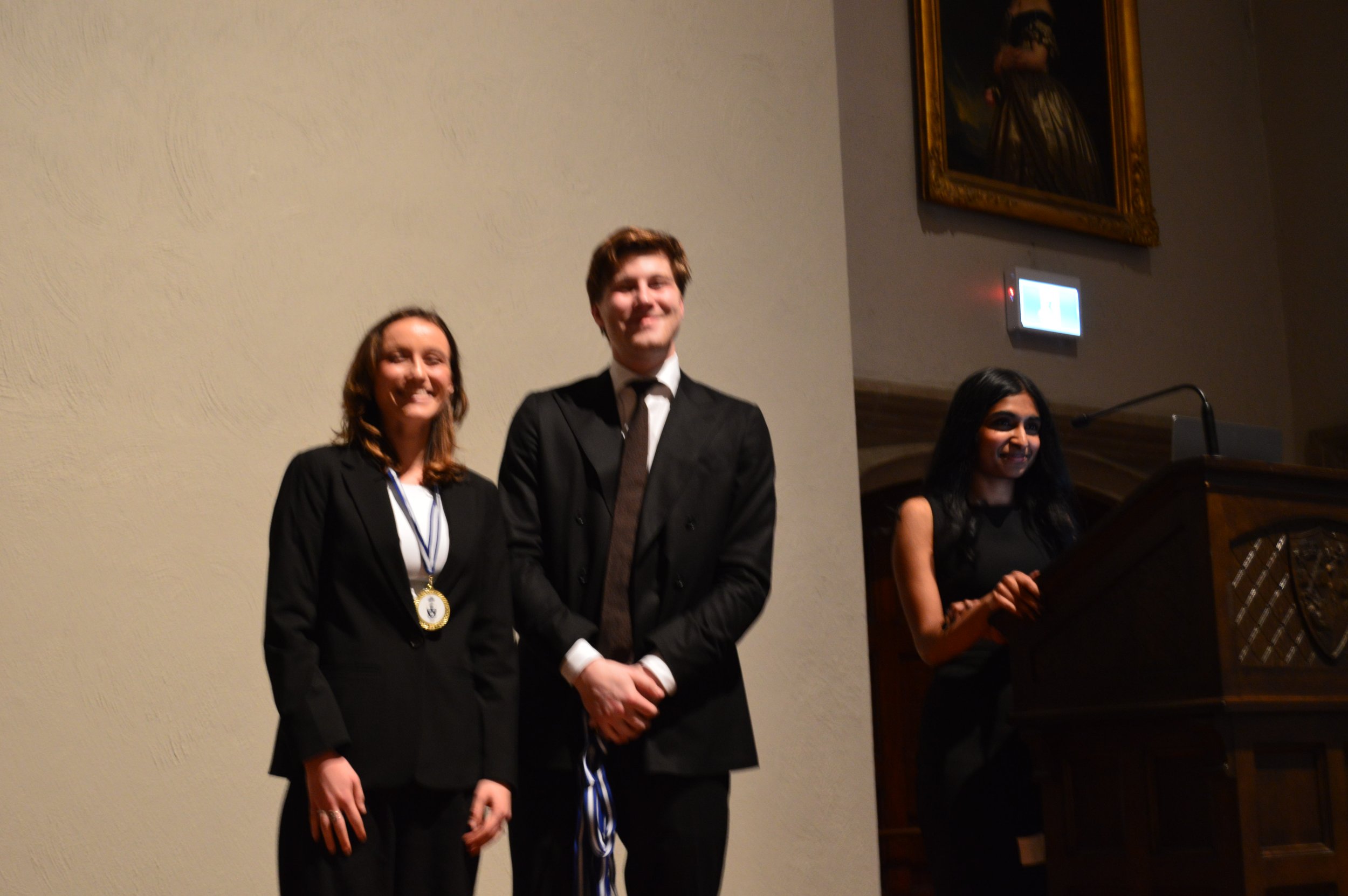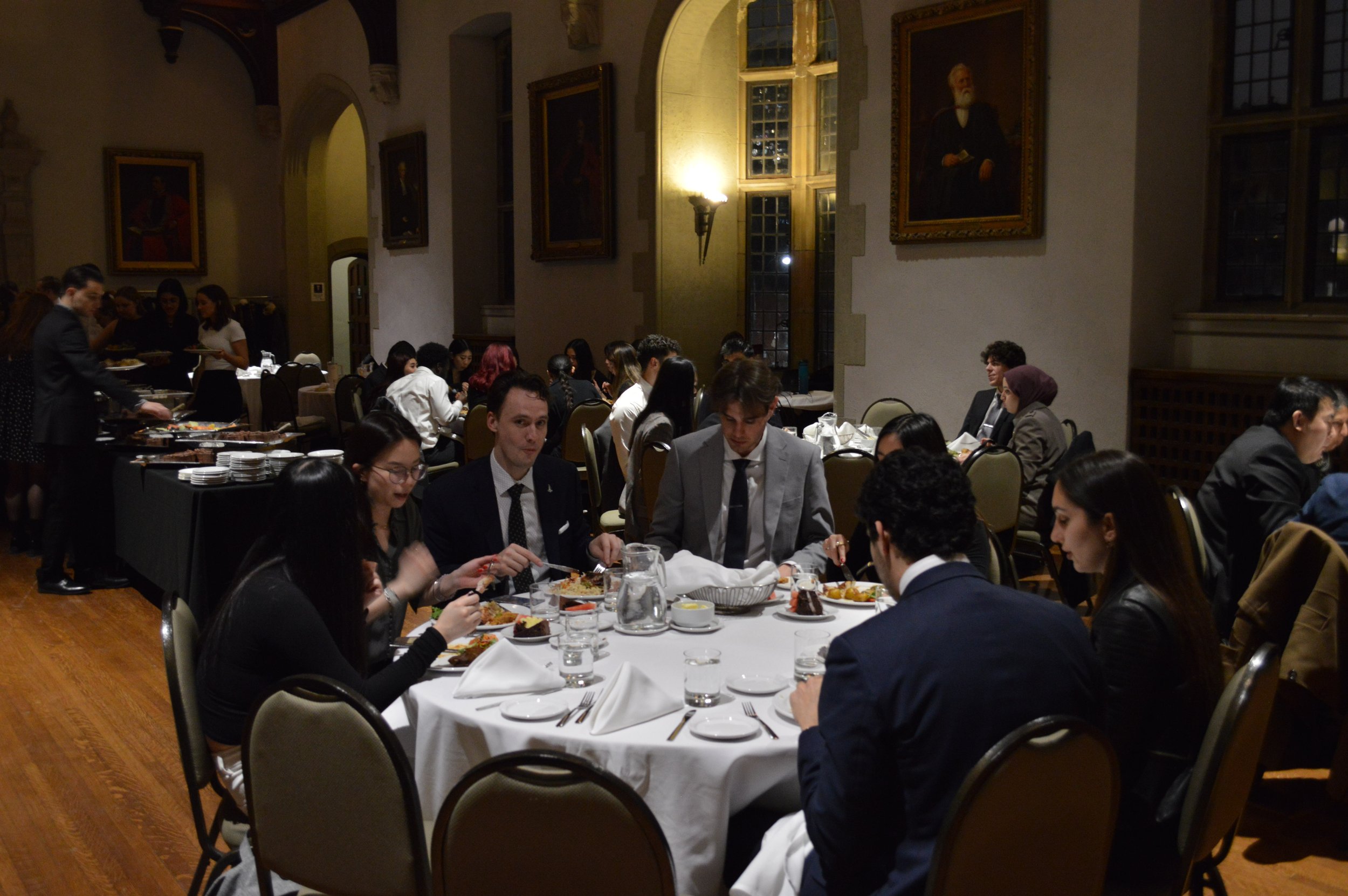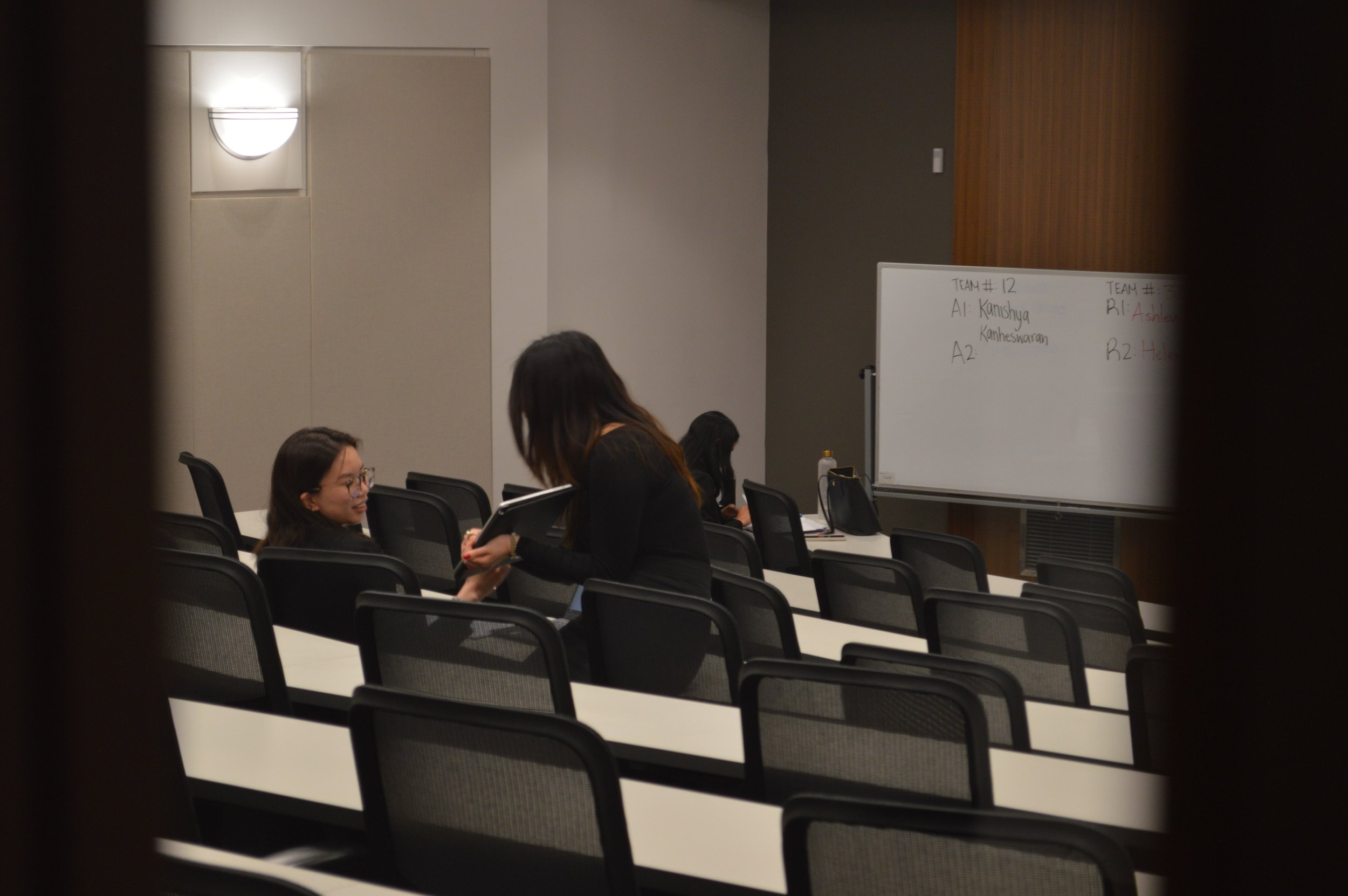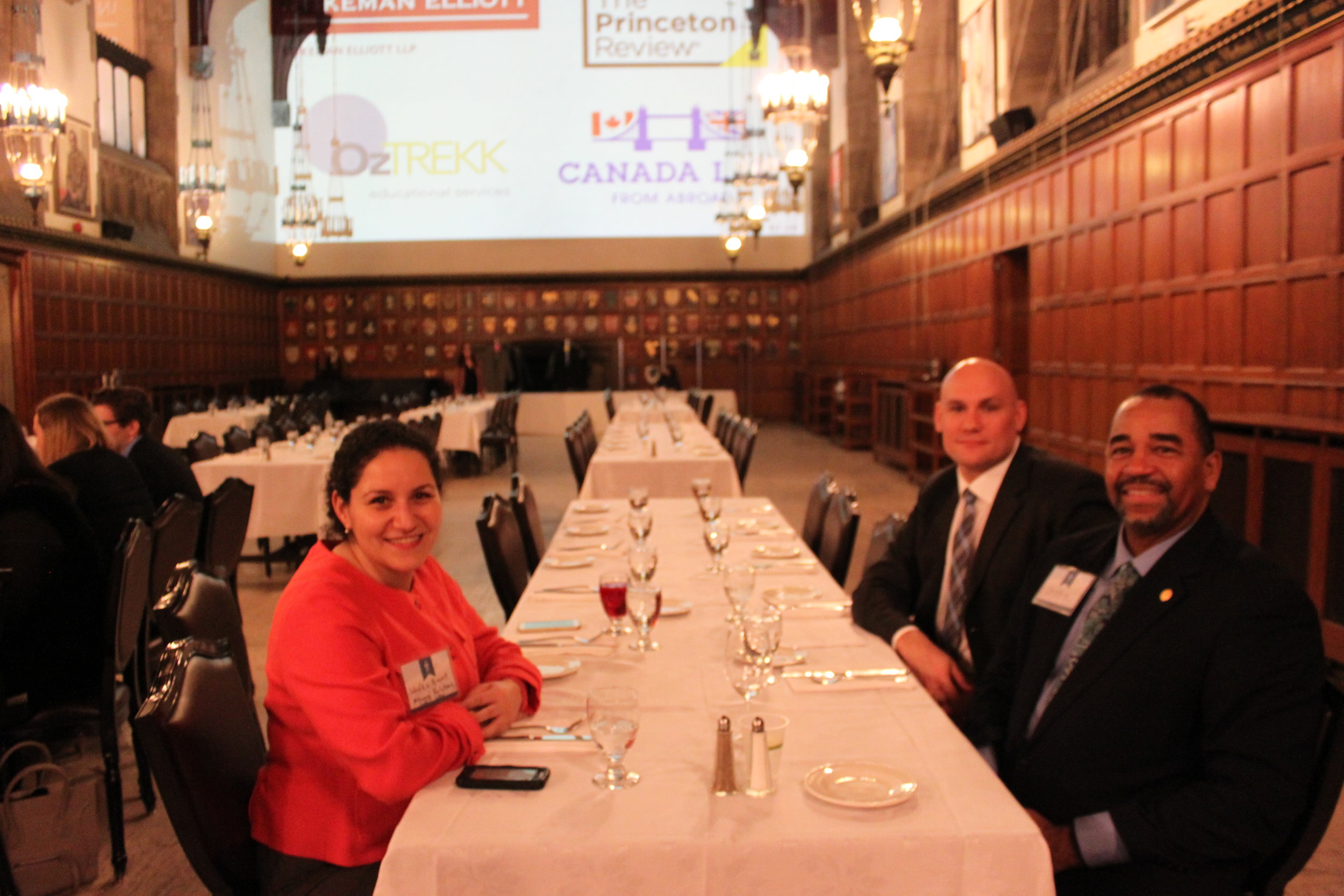CASES & RESULTS
2025: Canada (Attorney General) v. Power
Summary of the case: After Joseph Power sought damages from the Crown for legislation which unconstitutionally disqualified him from a record suspension, in Canada v. Power (2024 SCC 26), a 5-4 Court held that the Crown is not immune from liability when an impugned law is clearly unconstitutional, in bad faith, or an abuse of power — that is, parliamentary sovereignty does not put the Crown above the constitution even in terms of damages.
Keynote Speaker: Professor Angela Fernandez, University of Toronto Faculty of Law, B.A., M.A., LL.B & B.C.L., LL.M., J.S.D
Champion: Neha Gupta & Zeeniya Waseem (U of T)
2024: F v. N
Summary of the case: An international custody battle between two parents from the United Arab Emirates; the mother took her two children on a trip to Ontario with the father's consent but refused to return. The Supreme Court of Canada deliberated over whether an Ontario court erred in declining jurisdiction under s. 23 of the CLRA and ordering the return of the children under s. 40 of the CLRA.
Champion: Atrooba Shahid & Neha Gupta (U of T)
Keynote Speaker: Jason Goodman, B.A., J.D.
2023: R v. Lafrance
Summary of the case: The Supreme Court of Canada decided that the s. 10(b) rights of Nigel Vernon Lafrance, a 19-year-old Indigenous man, were violated in an encounter when he was psychologically detained by the police prior to them obtaining a warrant. The Court upheld the notion that s. 10(b) of the Charter protects a detained person’s right to not only receive advice from counsel but also understand it.
Champion: Elizabeth Hamilton & Monique Ingram (York)
Keynote Speaker: Professor John Borrows, University of Toronto Faculty of Law, B.A., M.A., J.D., LL.M., Ph.D. LL.D.
2022: R. v. Wong
Summary of the case: The Supreme Court of Canada held that guilty pleas must be informed, meaning that the accused must be aware of the nature of the allegations made against them, the effect of the plea, and the collateral consequences of the plea such as deportation risk. Competitors will be exposed to the real-world implications of uninformed guilty pleas.
Champion: Claire Parish & Victoria Liu (U of T)
Keynote Speaker: Rachel Bryce, B.A., M.A., J.D.
2021: Quebec (Attorney General) v. Alliance du personnel professionnel et technique de la santé et des services sociaux
Summary of the case: For the first time, the Supreme Court has found a pay equity law unconstitutional because it was discriminatory. In a 6-3 decision, Justice Rosalie Silberman Abella, writing for the majority, dismissed an appeal by the Government of Quebec. To tackle the problem of wage discrimination against women workers, Quebec passed a law in 1996 forcing employers with 10 or more employees to give equal pay for work of equal value. Ten years later, less than half of employers had complied. Less than two-thirds had even started on a plan. In 2009, Quebec changed the law to require employers to review their progress on pay equity every five years through audits. If the audits showed women were not being paid fairly, they could still only get pay equity every five years, with no back pay for unfair wages in between. Some unions challenged the new law in court. They said that making pay equity available only every five years was discriminatory. The Quebec courts agreed that the law breached women’s equality rights under section 15 of the Canadian Charter of Rights and Freedoms. By restricting pay equity to every five years, the law let employers off the hook. The law continued the disadvantage women already suffered in the workforce. This breach of women’s equality rights was not constitutionally justified. It continued to punish women financially for their employers’ failures. Five judges agreed with Justice Abella. Justices Suzanne Côté, Russell Brown, and Malcolm Rowe disagreed.
Champion: Lauren Naniche & Naleesh Thakur (McGill)
Keynote Speaker: Kaley Duff, B.A., M.A., J.D.
2020: R. v. Boudreault
Summary of the case: In Boudreault, the SCC jointly heard and decided four appeals, all challenging the constitutionality of the s 737 of the Criminal Code, RSC 1985, c. C-46. Per s 737, anyone who pleads or is found guilty of an offence under the Code (or the Controlled Drugs and Substances Act, SC 1996 c.19) is required to pay a victim surcharge. The fine applies to all offences and is calculated per offence, with an $100 fine imposed for every summary conviction and $200 per indictable offence. At issue in Boudreault was the new mandatory nature of the fine. Does a mandatory fine per conviction for all offenders constitute cruel and unusual punishment contrary to s 12, particularly for impoverished individuals? Both the Ontario and Quebec appellate courts found that the MVS failed to meet the high threshold for cruel and unusual punishment.
Champion: Zeus Eden (U of T)
Keynote Speaker: Professor Christopher Essert, University of Toronto Faculty of Law, B.A., J.D., LL.M., J.S.D
2019: R. v. Mackenzie
Summary of the case: The Crown appealed the respondent's acquittal on a charge of possession of marijuana for the purpose of trafficking contrary to s. 5(2) of the Controlled Drugs and Substances Act. The acquittal was a direct consequence of the exclusion from evidence of the marijuana that the peace officers obtained following a sniff search. The trial judge found that the search was unreasonable and a breach of the accused's s. 8 Charter rights. The Crown's appeal focused on whether the trial judge erred in concluding that the peace officer did not have a reasonable suspicion that the accused had a controlled substance in his vehicle.HELD: The trial judge erred in concluding that the sniff search was unreasonable and the Crown's appeal was granted. The Court held that the trial judge committed no error of law with respect to the legal meaning of the concept of reasonable suspicion itself, but erred in deciding that the suspicion in this case was not reasonable. The warrantless search of the exterior of the accused's vehicle by the sniffer dog was reasonable and conformed with s. 8 of the Charter. The matter was remitted back to a judge of the Court of Queen's Bench for a trial.
Champion: Benjamin Maclean-Max & Bill Xu (U of T)
Keynote Speaker: Stephanie DiGiuseppe, B.A., J.D.
2018: Ktunaxa Nation v. British Columbia (Forests, Lands and Natural Resource Operations)
Summary of the case: The Supreme Court of Canada decided whether or not a First Nation can block real estate development on sacred sites by virtue of the concepts of freedom of religion and the duty to consult and accommodate (the honour of the Crown). The majority held that the Ktunaxa Nation's rights were not violated by the decision of the Province of British Columbia to allow the Jumbo Glacier ski resort to expand into area within Ktunaxa territory known as Qat’muk where Grizzly Bear Spirit is believed to live. This is because the belief in Grizzly Bear Spirit and the ability to act upon it were not impinged, only the location, and so is not within the scope of s.2 of the Charter. The majority held that the Ktunaxa still do have a S.35 right to be consulted and accommodated regarding lands where there has been no proven Aboriginal title, but that a religious connection could not be invoked to establish title in the context of overturning an administrative decision. Ktunaxa title to the area would have to be tried separately. The minority held that the duty to consult and accommodated was met, but that freedom of religion was impinged. However the provincial minister's infringement on freedom of religion was reasonable under s.1, and so the application for an injunction could be denied by the lower courts.
Champion: Harshita Iyer (McGill)
Keynote Speaker: Professor Kerry Wilkins, University of Toronto Faculty of Law, B.A., M.A., L.L.B, L.L.M.
2017: R v. Singh
Summary of the case: R v. Singh [2007 SCC 48] required mooters to explore the tension between the notions of persuasion and coercion in the context of criminal law.
Champion: Jishian Ravinthiran & Harshita Iyer (McGill)
